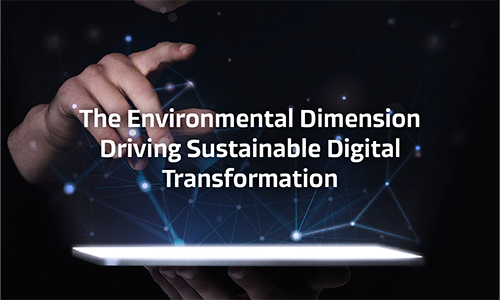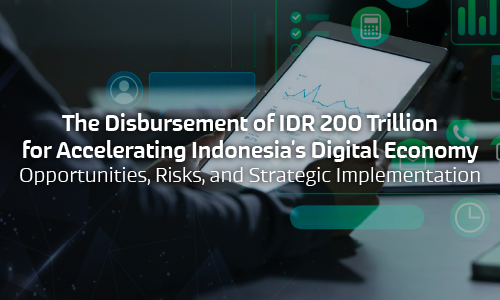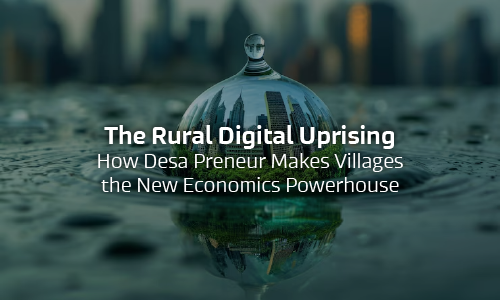
Summary: The halal industry has experienced significant expansion in recent years, fueled by an increasing global recognition of the value of products and services that align with Sharia principles. Initially concentrated in the food and beverage sectors, the scope of halal industries has broadened to include pharmaceuticals, cosmetics, tourism, finance, and even information technology. This notable growth can be attributed to factors such as the increasing Muslim population worldwide, heightened demand for ethically produced products, and the widespread integration of digital technologies across various sectors of contemporary life. Amidst the challenges posed by globalization and the digital revolution, technological innovation has become a pivotal force driving the transformation of the halal industry, enhancing operational efficiency, ensuring transparency, and bolstering global competitiveness.
Technological Innovation and Its Impact on the Halal Industry
1. Digitalization of Halal Certification Processes
The halal certification process, traditionally characterized by extensive bureaucracy and labor-intensive procedures, has undergone significant improvements through the integration of digital technologies. Blockchain technology, in particular, has been instrumental in streamlining the certification process, increasing efficiency, and ensuring transparency. By employing blockchain, stakeholders in the halal supply chain can verify the authenticity of halal products in real time, mitigating risks of fraud and enhancing consumer confidence. As the halal market continues to expand internationally, adopting a standardized and universally accepted certification system becomes increasingly critical—a challenge that blockchain technology has the potential to address.
2. E-commerce and Halal Mobile Applications
The rise of e-commerce has significantly transformed the halal market, offering businesses new opportunities to engage with global consumers. Digital platforms dedicated to halal products have facilitated access to a diverse range of goods and services that adhere to Sharia principles. Mobile applications designed to inform consumers about halal product labeling, restaurant locations, and other essential information have further enhanced convenience. These developments not only provide a platform for small and medium-sized halal enterprises to reach a global audience but also help to democratize the halal market, offering a more inclusive and accessible shopping experience for Muslim consumers.
3. Internet of Things (IoT) and Automation in Production
Technologies such as the Internet of Things (IoT)…













